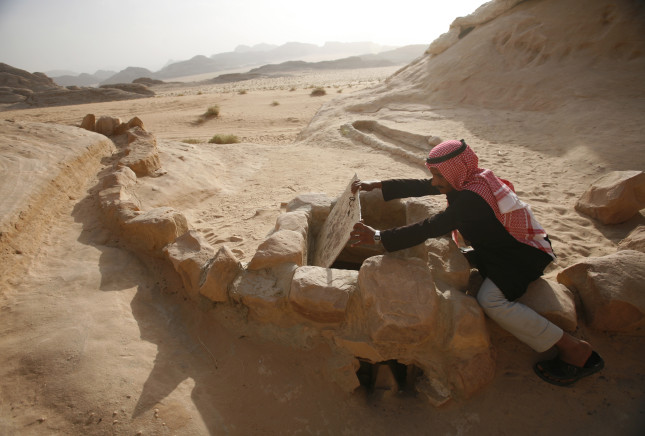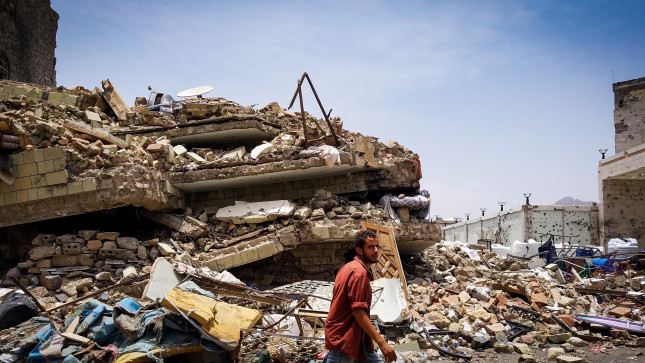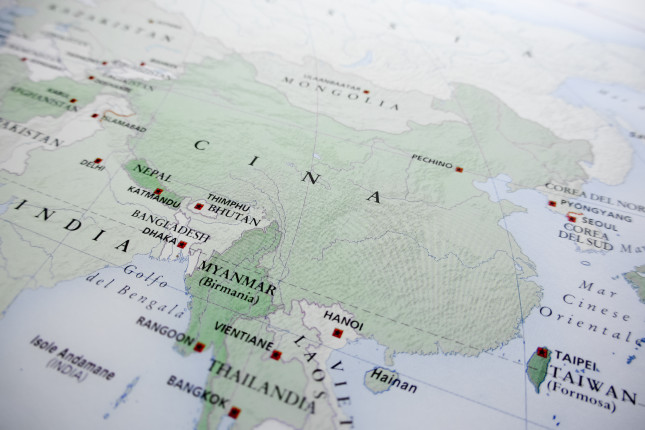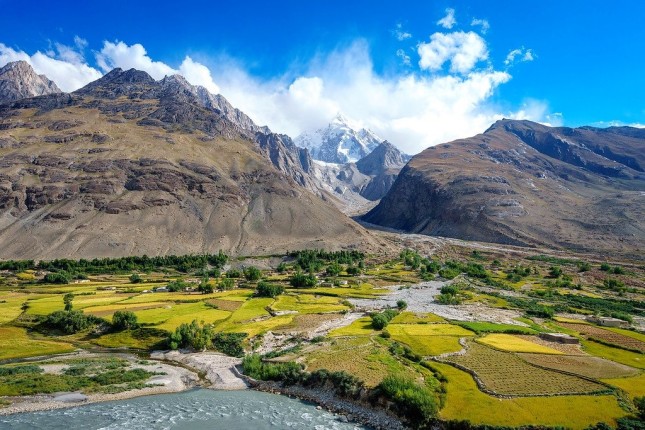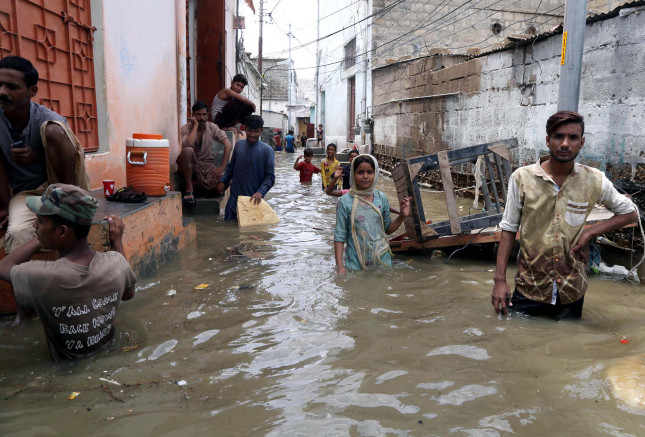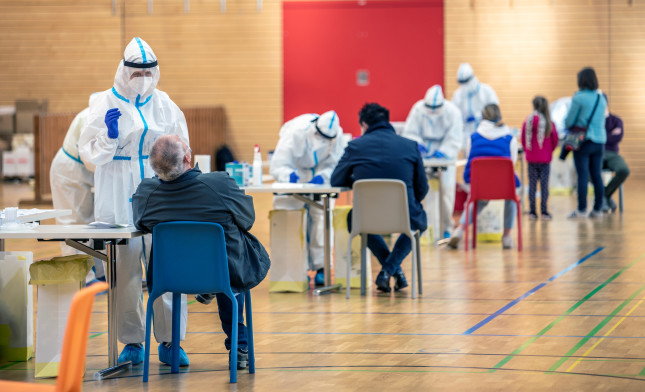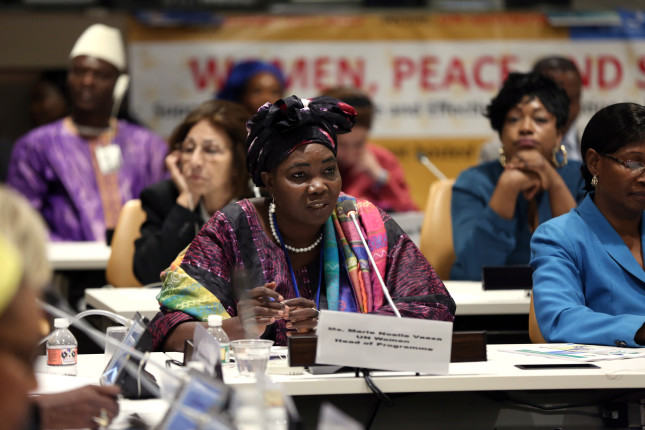-
Digital Water Diplomacy: Keeping Water Dialogues Afloat
›
In 2020, the world experienced the convergence of the global water and climate change crises, the COVID-19 pandemic, and economic recession. The compounded emergencies hit even well-prepared countries hard. For the more than 50 percent of the world’s population that relies on transboundary freshwater sources for their drinking water, the renewed urgency for access to water for sanitation raised additional challenges. Effectively responding to the crises demanded an elevated degree of communication and coordination between neighboring states precisely when coordination and collaboration processes encountered new barriers to effective transboundary engagement. As neighboring states instituted travel restrictions, water dialogues had to adapt through digital water diplomacy processes.
-
The Top 5 of March 2021
›
Jordan is facing a deepening, multi-faceted freshwater crisis and it’ll take aggressive action by the country and its international partners to gain a foothold on its water future. In this month’s top post, Steven M. Gorelick, Jim Yoon, Christian Klassert feature their recently published framework that assesses the key factors playing a role in exacerbating Jordan’s limited natural water availability and Jordan’s water security outlook.
-
Climate Change and Terrorism
›
Climate change is a defining global issue of our time. In a recent address to the UN Security Council, John Kerry, the U.S. presidential envoy for climate, remarked that climate change is “the challenge of all of our generations.” An important dimension of the challenge presented by climate change concerns its implications for state and human security.
-
The Climate Crisis and Southeast Asian Geopolitics
›
Southeast Asia is at the center of the two major geopolitical challenges of the 21st century: climate change and the rise of China. As decision-makers across the region grow increasingly concerned about climate change and environmental degradation, as well as the implications of intensifying competition between China and the United States, Washington has an opportunity to strengthen its engagement with Southeast Asia and advance its broader geopolitical objectives.
-
A Land Like No Other: Afghanistan’s Post-Conflict Ecotourism Potential
›
Stunning cobalt-blue lakes with natural travertine dams in Band-e-Amir, the pristine, soaring Pamir Mountains, through which some of the world’s last snow leopards prowl—far from the simplistic, violent, and drab images preferred by the media, Afghanistan is a beautiful and multifaceted nation. Lonely Planet once described Afghanistan as a “vastly appealing country.” Having married into an Afghan family many years ago, I can attest that the culture is also extremely hospitable. Welcoming tourists to visit their beautiful nation is a logical extension of the Afghan culture.
-
Michael Kugelman, The Third Pole
Why was Pakistan Left out of Biden’s Climate Summit?
›April 8, 2021 // By Wilson Center Staff
Given that Pakistan is one of the most climate-vulnerable countries in the world, Washington shouldn’t write it out of the climate change cooperation script
The White House has announced the names of 40 world leaders invited by US President Joe Biden to participate in a virtual global climate summit on April 22-23. Many Pakistanis are unhappy – and with good reason – that Prime Minister Imran Khan isn’t on the list.
-
Creating a New Normal with a New Global Public Health System
›
“Ask a big enough question, and you need more than one discipline to answer it,” said modern dance legend Liz Lerman.
As the COVID-19 pandemic spread across the globe, the World Health Organization (WHO) warned that there would be no going back to normal. They knew a failure to make timely and accurate public health decisions for a pandemic would prove to be the “difference between life and death.” How correct they were.
-
Smart Power: Leveraging the Women, Peace, and Security Agenda
›
“Without women and empowering women, there will be no peace,” said Dr. Valerie Hudson, Distinguished Professor and George H.W. Bush Chair at Texas A&M University. Hudson spoke at an event by the United States Institute of Peace (USIP) and the United States Department of Defense (DoD) in collaboration with the United States Civil Society Working Group on Women, Peace, and Security (U.S. CSWG). The event focused on how the United States can leverage the United Nation’s Women, Peace, and Security (WPS) agenda to advance gender equality and promote peace worldwide.
 A Publication of the Stimson Center.
A Publication of the Stimson Center.

